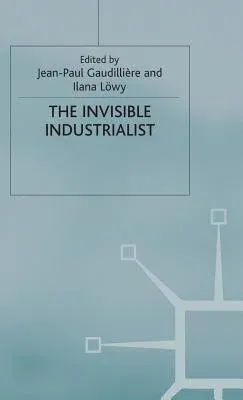J Gaudillière
(Author)The Invisible Industrialist: Manufacture and the Construction of Scientific Knowledge (1998)Hardcover - 1998, 30 April 1998

Qty
1
Turbo
Ships in 2 - 3 days
In Stock
Free Delivery
Cash on Delivery
15 Days
Free Returns
Secure Checkout

Part of Series
Science, Technology and Medicine in Modern History
Part of Series
Science, Technology, and Medicine in Modern History
Part of Series
St. Antony's Series
Print Length
379 pages
Language
English
Publisher
Palgrave MacMillan
Date Published
30 Apr 1998
ISBN-10
033364753X
ISBN-13
9780333647530
Description
Product Details
Author:
Book Edition:
1998
Book Format:
Hardcover
Country of Origin:
US
Date Published:
30 April 1998
Dimensions:
21.59 x
13.97 x
2.54 cm
ISBN-10:
033364753X
ISBN-13:
9780333647530
Language:
English
Location:
London
Pages:
379
Publisher:
Series:
Weight:
648.64 gm